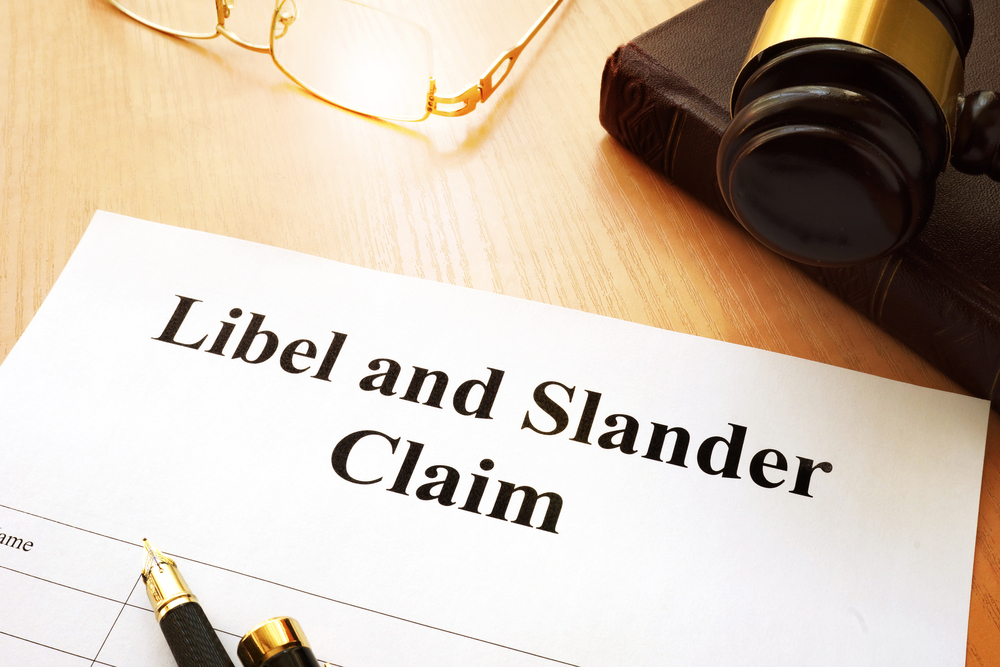Forum Non Conveniens – Heavy Burden for Defendant
“The common law doctrine of forum non conveniens, which translates to mean ‘inconvenient forum,' is an equitable, judicially crafted rule designed to allow a court to dismiss, in certain limited circumstances, a lawsuit with little connection to Florida that would be better suited and fairly litigated elsewhere.” Gordon v. Bethel, 48 Fla.L.Weekly D804a (Fla. 4th DCA 2023) (citation omitted). A recent case deals with this limited doctrine of forum non conveniens. In this case, a plaintiff filed a defamation lawsuit in Broward County. The plaintiff is a resident of Broward County and operates his business out of Broward County. The defendants...
Continue reading











